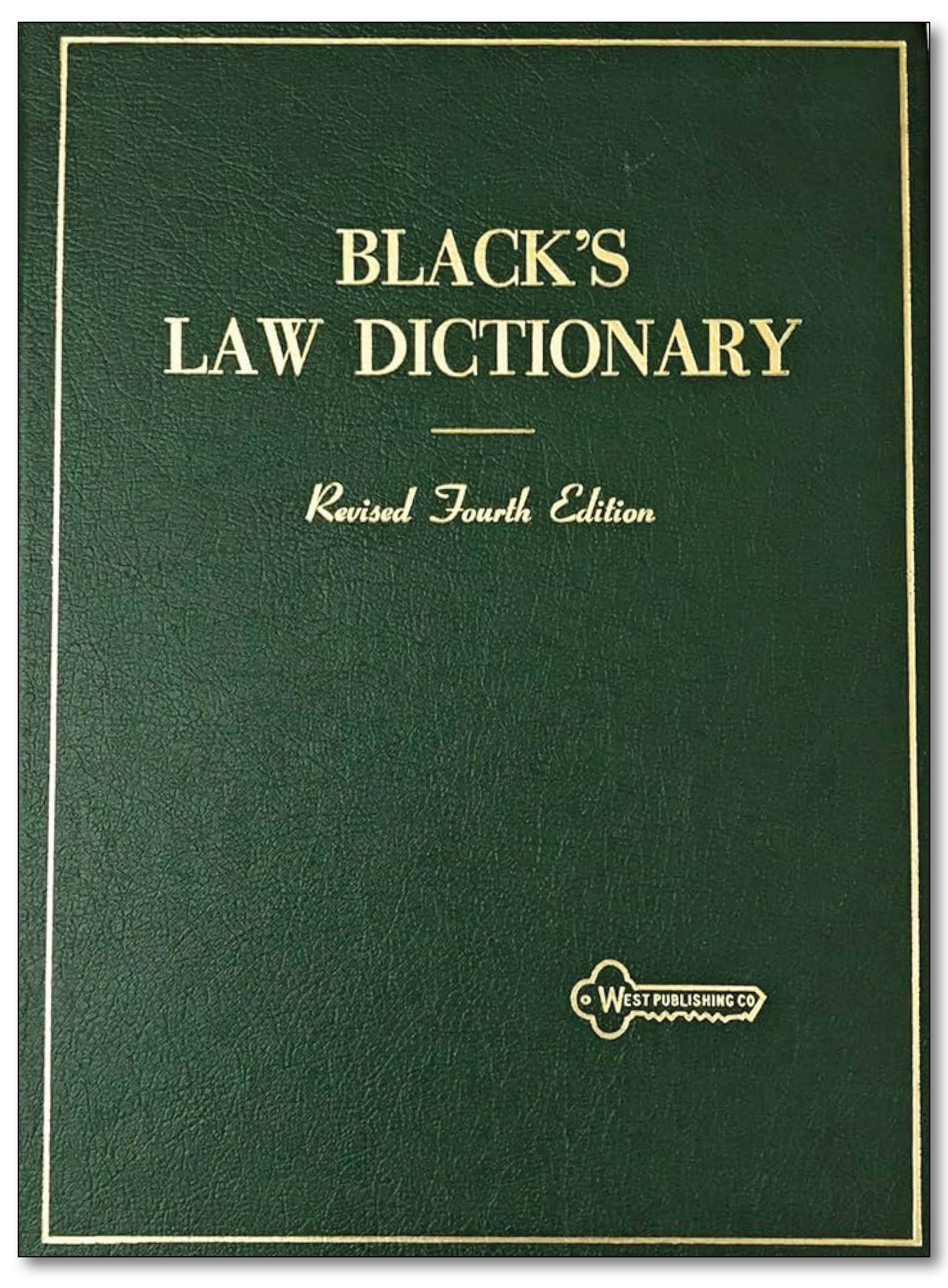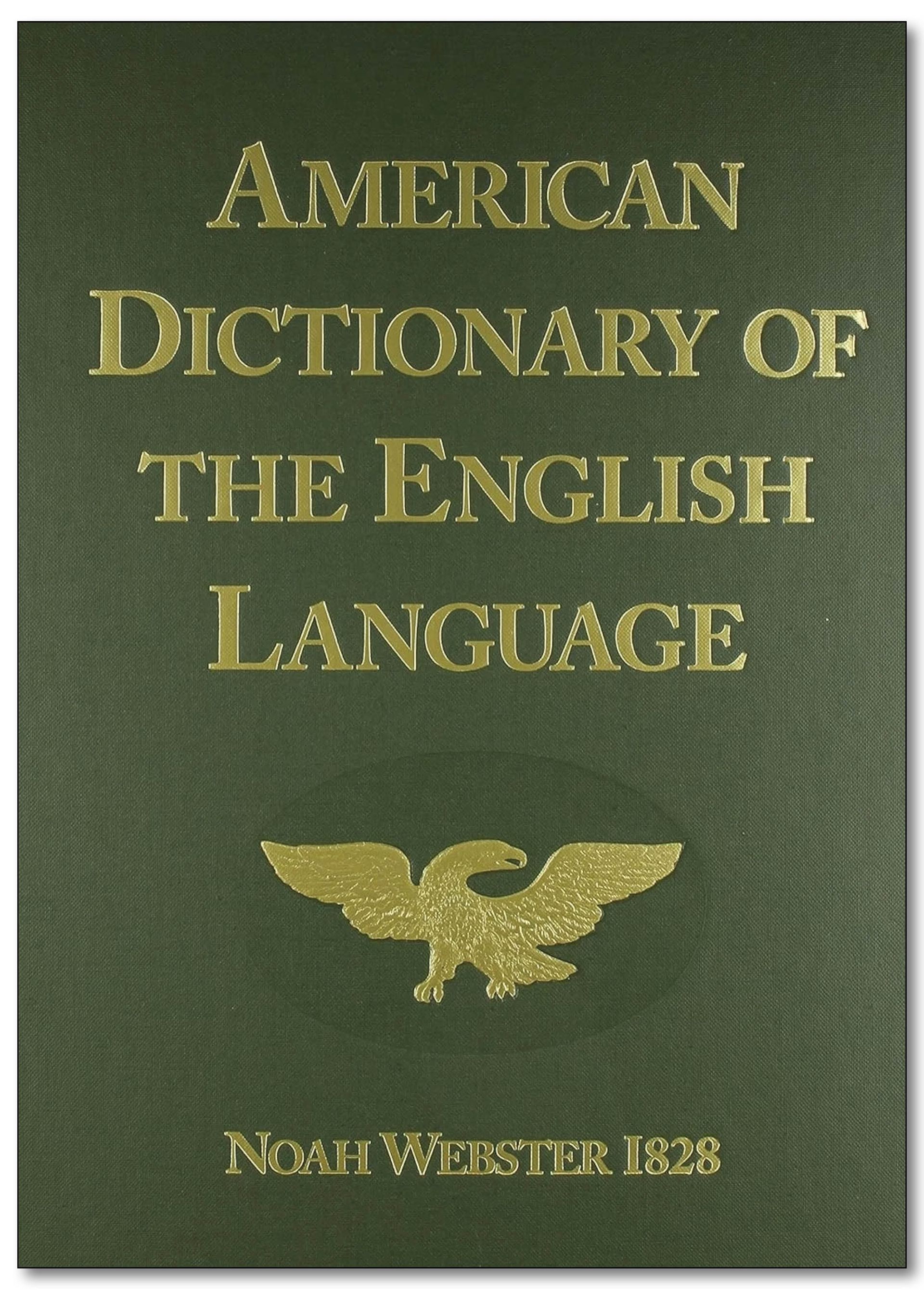LIBERTY
"... that among these are Life, Liberty and the pursuit of Happiness..."
— The uninimous Declaration of the thirteen united States of America (1776)
* * * * *
While most are
familiar with the word
Liberty,
it's not something we're imbued with.
And yet, upon reflection and contemplation, it's the foundation of Choice through Will.
As such, Liberty is what we've been endowed with.
Where the rest appears up to us.
What is meant by "Liberty"?
Is it a privilege, granted by some man-made authority within a system of voluntary servitude?
Or... does it refer to the free will of choice, as endowed by one's Creator?
By way of some official narratives overlapping all factions:
Black's Law Dictionary (legal realm, 4th Edition, the top passages),
Webster's American 1828 Dictionary (social realm, bottom passages)
What does it mean to have
"Liberty"?
What does it mean to be endowed with it by your Creator?
What does it mean to protect and preserve it?
* * * * *
Liberty
Freedom; exemption from extraneous control.
The power of the will to follow the dictates of its unrestricted choice, and to direct the external acts of the individual without restraint, coercion, or control from other persons.
The word 'liberty' includes and comprehends all personal rights and their enjoyment. It embraces freedom from duress, freedom from governmental interference in the exercise of intellect, in formation of opinions, in the expression of them, and in action or inaction dictated by judgment.
Freedom in enjoyment and use of all of one's powers, faculties, and property;
Freedom of conscience;
Freedom of contract;
Freedom of locomotion or movement;
Freedom of occupation;
Freedom of assembly;
Freedom of religion;
Freedom of speech;
Freedom from servitude, imprisonment or restraint;
Freedom from banishment;
Right to acquire useful knowledge;
Right to acquire and enjoy property;
Right to labor;
Right to carry on business;
Right to pursue chosen calling;
Right to earn livelihood in any lawful calling;
Right to engage in any lawful business;
Right to determine the price of one's labor;
Right to live and work where one wills;
Right to use one's property according to one's will;
Right to freely buy and sell as others may;
Right to marry and have a family;
Right of self-defense against unlawful violence.
Natural Liberty
The power of acting as one thinks fit, without any restraint or control, unless by the law of nature. The right which nature gives to all mankind of disposing of their persons and property after the manner they judge most consistent with their happiness, on condition of their acting within the limits of the law of nature, and so as not to interfere with an equal exercise of the same rights by other wo/men.
Personal Liberty
The right or power of locomotion; of changing situation, or moving one's person to whatsoever place one's own inclination may direct, without imprisonment or restraint, unless by due course of law.
Liberty of Contract
The ability at will, to make or abstain from making a binding obligation enforced by the sanctions at the law.
Liberty of Conscience
Liberty for each individual to decide what is just and equitable.
Liberty of Speech
Freedom accorded by the constitution or laws of a state to express opinions and facts by word of mouth, uncontrolled by any censorship or restrictions of government.
Liberty of the Press
The right to print and publish the truth, from good motives and for justifiable ends.
WEBSTER'S AMERICAN DICTIONARY (1828)
LIB'ERTY, noun [Latin libertas, from liber, free.]
1. Freedom from restraint, in a general sense, and applicable to the body, or to the will or mind. The body is at liberty when not confined; the will or mind is at liberty when not checked or controlled. A [wo/]man enjoys liberty when no physical force operates to restrain his[her] actions or volitions.
2. Natural liberty consists in the power of acting as one thinks fit, without any restraint or control, except from the laws of nature. It is a state of exemption from the control of others, and from positive laws and the institutions of social life. This liberty is abridged by the establishment of government.
3. Civil liberty is the liberty of [wo/]men in a state of society, or natural liberty so far only abridged and restrained, as is necessary and expedient for the safety and interest of the society, state or nation. A restraint of natural liberty not necessary or expedient for the public, is tyranny or oppression. Civil liberty is an exemption from the arbitrary will of others, which exemption is secured by established laws, which restrain every [wo/]man from injuring or controlling another. Hence the restraints of law are essential to civil liberty.
The liberty of one depends not so much on the removal of all restraint from him[her], as on the due restraint upon the liberty of others.
In this sentence, the latter word liberty denotes natural liberty.
4. Political liberty is sometimes used as synonymous with civil liberty, but it more properly designates the liberty of a nation, the freedom of a nation or state from all unjust abridgment of its rights and independence by another nation. Hence we often speak of the political liberties of Europe, or the nations of Europe.
5. Religious liberty is the free right of adopting and enjoying opinions on religious subjects, and of worshiping the Supreme Being according to the dictates of conscience, without external control.
6. Liberty in metaphysics, as opposed to necessity, is the power of an agent to do or forbear any particular action, according to the determination or thought of the mind, by which either is preferred to the other. Freedom of the will; exemption from compulsion or restraint in willing or volition.
To take the liberty to do or say any thing, to use freedom not specially granted.



